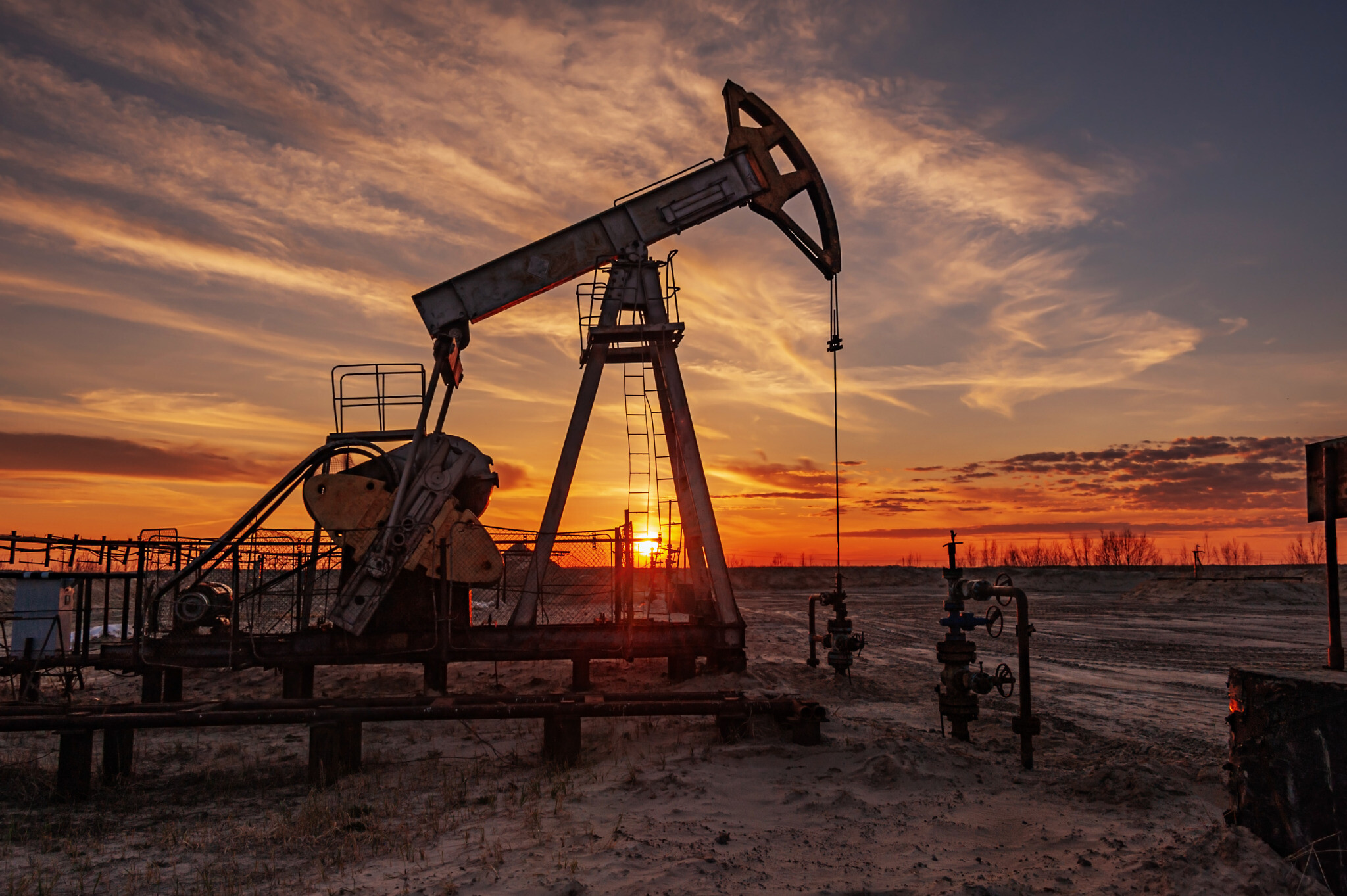Energy
Biden Admin Quietly Opens Up Land To Oil Drilling — With Just One Catch

Oil pump rig.
- The Biden administration said that it would reduce the amount of land it would sell oil and gas leases on by 80% and increase royalty rates for drillers in a late Good Friday announcement.
- “While we’re glad to see [the Bureau of Land Management] is finally going to announce a sale, the extreme reduction of acreage by 80%, after a year and a quarter without a single sale, is unwarranted and does nothing to show that the administration takes high energy prices seriously,” Western Energy Alliance President Kathleen Sgamma said in a statement.
- “The president claims he’s doing nothing to limit domestic production, but once again his administration is making American energy more expensive and harder to produce,” said Senate Energy Committee Ranking Member John Barrasso.
The Biden administration announced Friday that it has reformed the federal oil and gas leasing program, significantly reducing the amount of land available for drillers.
The Bureau of Land Management (BLM) will proceed with conducting oil and gas drilling lease sales on about 144,000 acres of federal lands, a whopping 80% reduction from the amount previously nominated, the Department of Interior (DOI) announced on Friday. The administration has already delayed the program on numerous occasions and hasn’t held a single onshore lease sale since taking power in January 2021.
“How we manage our public lands and waters says everything about what we value as a nation,” Interior Secretary Deb Haaland said in a statement. “For too long, the federal oil and gas leasing programs have prioritized the wants of extractive industries above local communities, the natural environment, the impact on our air and water, the needs of Tribal Nations, and, moreover, other uses of our shared public lands.”
“Today, we begin to reset how and what we consider to be the highest and best use of Americans’ resources for the benefit of all current and future generations,” Haaland continued.
The DOI will also hike royalty rates that drillers must pay from 12.50% to 18.75%, increasing costs for energy producers, under the reformed program. In addition, the agency will increase Tribal consultation and conduct greenhouse gas emissions analysis using the “best available science” before approving projects.
“While we’re glad to see BLM is finally going to announce a sale, the extreme reduction of acreage by 80%, after a year and a quarter without a single sale, is unwarranted and does nothing to show that the administration takes high energy prices seriously,” Western Energy Alliance President Kathleen Sgamma said in a statement.
“The sales being considered were the ones that had already been fully analyzed at the end of the Trump Administration and were ready to go before the Biden Administration decided to redo the analysis,” she added. “This administration has decided to make leasing and production a political football, and Americans are paying the price at the pump.”
Shortly after taking office, President Joe Biden issued a moratorium on the entire leasing program and ordered the DOI to conduct a review of the existing program. But in June a federal judge halted the moratorium, ruling that the president exceeded his authority in blocking a program mandated by Congress.
Still, the administration has defied the court ruling and repeatedly delayed pending lease sales. The DOI also suggested it wouldn’t hold an offshore lease sale until at least October 2023 in its FY23 budget after it declined to appeal a recent lower court ruling nixing a large lease sale in the Gulf of Mexico.
There has yet to be a single onshore lease sale under Biden, marking the first time no sale has been conducted in a calendar year since the DOI began recording the data in 1998, according to the Independent Petroleum Association of America. The most recent offshore lease sale in which leases were awarded was Lease Sale 256 which occurred in 2020 during the Trump administration.
“First it was an illegal moratorium imposed at the start of his presidency,” said Senate Energy Committee Ranking Member John Barrasso. “Now it’s this proposal to dramatically increase the cost of onshore leases while cutting the acres offered for lease by 80 percent.”
“The president claims he’s doing nothing to limit domestic production, but once again his administration is making American energy more expensive and harder to produce,” Barrasso continued.
In 2021, the U.S. produced about 9.5 million barrels of oil per day at onshore sites and another 1.7 million at offshore sites mainly located in the Gulf of Mexico in 2021, according to federal data.
All content created by the Daily Caller News Foundation, an independent and nonpartisan newswire service, is available without charge to any legitimate news publisher that can provide a large audience. All republished articles must include our logo, our reporter’s byline and their DCNF affiliation. For any questions about our guidelines or partnering with us, please contact [email protected].

